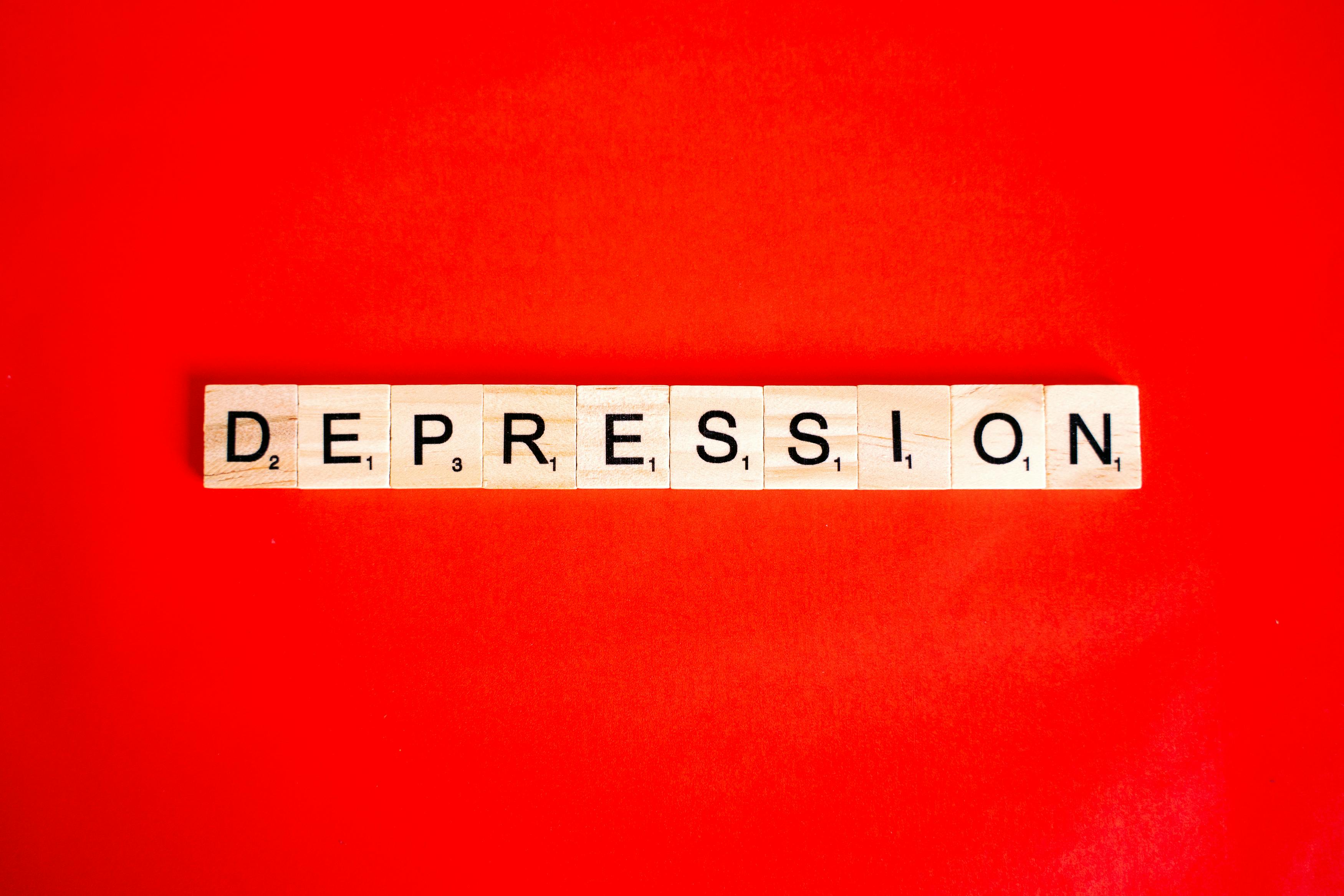Table of Contents
Understanding Childhood Trauma
Childhood trauma encompasses emotional, physical, or sexual abuse, neglect, the loss of a parent, or witnessing domestic violence. According to the Centers for Disease Control and Prevention (CDC), roughly one in seven children in the United States have faced abuse or neglect in the past year. The effects of these traumatic events often ripple into adulthood, impacting emotional regulation, self-esteem, and relationships.
A pivotal study, the Adverse Childhood Experiences (ACE) Study by the CDC and Kaiser Permanente, underscored the far-reaching effects of early trauma on adult health. This study revealed that the more ACEs an individual experiences, the higher their risk for a variety of health issues, including mental disorders and behavioral problems.
Procrastination: Beyond Delayed Action
Commonly defined as the voluntary delay of intended tasks despite anticipating negative outcomes, procrastination affects about 15%–20% of adults chronically, as noted by Steel (2007). While often mislabeled as a time management flaw, procrastination may cloak deeper emotional and psychological issues.
Theories like the Temporal Motivation Theory link procrastination with impulsivity and delayed gratification. Yet, these theories frequently miss the emotional roots tied to past experiences, such as childhood trauma.
The Emotional Connection: Trauma and Procrastination
Emotion Regulation and Avoidance
Childhood trauma can severely impact one’s ability to regulate emotions. Traumatic experiences during formative years can heighten stress sensitivity and impair emotional management. For procrastinators, this results in task avoidance. Tasks linked with negative emotions or potential failure become daunting, leading to delays or complete avoidance.
A 2014 study in the Journal of Behavior Therapy and Experimental Psychiatry found that those with childhood trauma history showed higher emotional dysregulation, closely tied to increased procrastination. Avoidance becomes a temporary relief from the uncomfortable emotions these tasks trigger.
Self-Worth and Fear of Failure
Traumatized children often internalize feelings of worthlessness or inadequacy—messages they may absorb from their surroundings. These self-doubts can fester into adulthood, where fears of inadequacy and failure stall action. Procrastination becomes a defense mechanism against anticipated shame or disappointment from failing.
Research has identified low self-esteem as a significant predictor of procrastination (Ferrari et al., 1995), where fear of failure motivates task delays as a way to shield against confronting one’s perceived shortcomings.
Perfectionism and Control
Interestingly, many procrastinators with traumatic pasts exhibit perfectionism. This trait acts as a compensatory effort to regain a semblance of control once lost to trauma. Yet, striving for perfection often sets unrealistically high standards, breeding fear of falling short, which in turn fuels procrastination to avoid potential failure.
A 2013 study in the Journal of Counseling Psychology highlighted that perfectionists are prone to procrastination, particularly when driven by a fear of mistakes.
Physical and Cognitive Impacts
Brain Function and Development
Childhood trauma can leave its mark on brain development. Chronic stress alters brain architecture, notably affecting areas like the prefrontal cortex, crucial for decision-making, impulse control, and organization—skills essential to overcoming procrastination.
Neuroimaging studies have shown that those with a trauma history often display modified brain activity within the reward system, complicating motivation and task initiation (Teicher et al., 2016).
Memory and Concentration
Trauma impacts memory and concentration, indirectly influencing procrastination. Traumatized individuals may struggle with attention and memory, making it challenging to maintain focus on tasks. Consequently, mental fatigue fosters procrastination, as individuals find it tough to muster the cognitive resources needed for task completion.
Research in Neuropsychology (2013) suggests that adults with a history of childhood abuse underperform in cognitive tasks involving attention and memory, contributing to procrastination cycles.
Breaking the Cycle: Healing Trauma and Addressing Procrastination
Therapy and Counseling
Approaches like Cognitive Behavioral Therapy (CBT) and Eye Movement Desensitization and Reprocessing (EMDR) prove beneficial. CBT helps reframe negative thoughts related to self-worth and failure, while EMDR addresses traumatic memories, reducing their emotional burden.
A study in the Journal of Anxiety Disorders (2010) showed CBT could cut down procrastination by tackling cognitive distortions and enhancing emotional regulation.
Mindfulness and Emotional Regulation
Mindfulness practices can boost emotional regulation and awareness, curbing emotional avoidance that drives procrastination. Techniques like meditation and deep breathing center individuals, allowing them to approach tasks with equanimity.
Research in Personality and Individual Differences (2015) connects mindfulness with decreased procrastination by improving attention and emotional control.
Goal Setting and Time Management
While emotional work is critical, practical strategies also play a vital role. Breaking tasks into smaller steps, setting deadlines, and using organization tools can help counter procrastination by providing structure and accountability.
A study in the Journal of Applied Psychology (2011) found goal-setting lessened procrastination as clarity and structure enhanced motivation and focus.
The Role of Social Support
Creating a Supportive Environment
Overcoming procrastination and healing from trauma often require support from a strong social network. Friends, family, and support groups offer encouragement and accountability. Sharing experiences with those who face similar challenges can mitigate feelings of isolation.
Fostering a supportive environment involves open communication and acceptance. Encouraging candid talks about mental health and trauma can destigmatize these issues and aid healing. Supportive relationships serve as a stress buffer, reducing emotional burdens and allowing individuals to concentrate on goals.
Conclusion
Procrastination is more than an annoyance for many—it’s a complex behavior deeply tied to past experiences, especially childhood trauma. By understanding this link, individuals can start to dismantle the emotional barriers holding back productivity.
Addressing procrastination through a trauma-informed lens calls for a holistic blend of therapy, mindfulness, practical strategies, and social support. As our understanding of these connections deepens, the opportunity to break free from past shadows grows, paving the way for future productivity, fulfillment, and healing.
By acknowledging and challenging the roots of procrastination, individuals can transform it into a springboard for personal growth and resilience, unlocking a path to a brighter, more empowered future.

